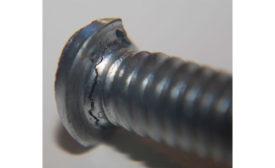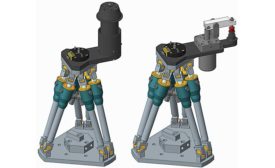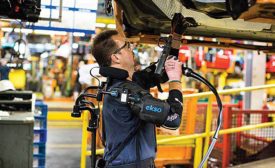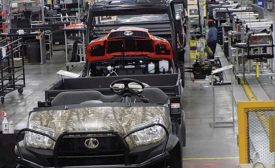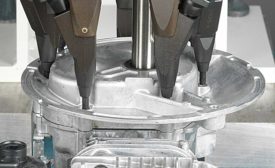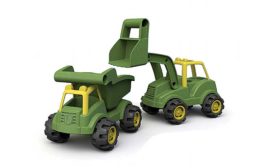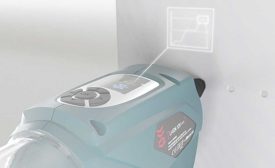Screwdriving and Riveting Assembly
Problems related to improper manufacturing, selection and installation are just as likely to cause fastener failure as hydrogen embrittlement and loosening
Read More
Flexible Fixtures for Automated Assembly
Researchers have developed a hexapod-based reconfigurable fixture that can be used to assemble a family of automotive headlights.
March 5, 2018
Exoskeletons Lend a Lift at Ford
New technology makes overhead tasks less stressful on operators.
March 2, 2018
What’s New With Automatic Screwdriving?
Flexible feed and drive systems improve productivity.
February 5, 2018
Assembly Methods for Bioplastics
Plastics made from plant-based materials are increasingly being used in a variety of applications.
February 5, 2018
What’s New With Blind Riveting
Versatile tools and advanced rivets enhance the benefits of this popular fastening method.
January 4, 2018
Never miss the latest news and trends driving the manufacturing industry
Stay in the know on the latest assembly trends.
JOIN TODAY!Copyright ©2024. All Rights Reserved BNP Media.
Design, CMS, Hosting & Web Development :: ePublishing
